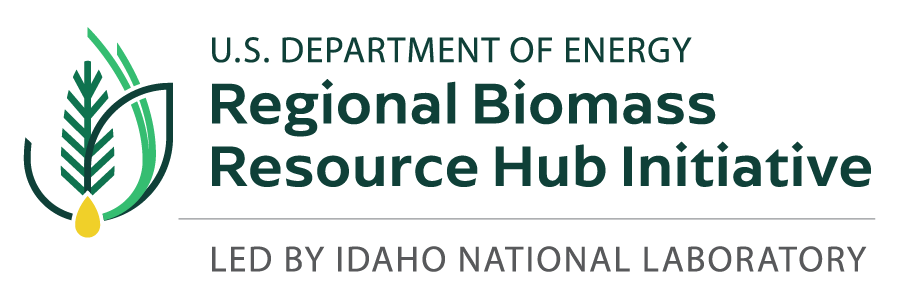Description
This capability encompasses INL’s expertise in advancing the underlying technologies required for the research and development of biomass processing digital twin models. The related technologies being developed include but are not limited to machine learning-based predictive models of biomass processing, machine learning-augmented computational simulations of biomass processing, flow and particle sensors, machine-computer model interface, and wireless data transmission for digital-twin models.
Capability Bounds
Scales beyond the pilot scale, e.g., demonstration scale and production scale, are not in the current active research scope.
Unique Aspects
The digital-twin model technology development encompasses multiple scales of biomass processing operations, ranging from the bench scale to pilot scale.
Availability
Currently available through the development of collaborative work scopes that utilize a variety of contractual mechanisms to meet the needs of the partners and funding agencies.
Benefit
The goal of digital-twin models is to realize smart, adaptive control and trouble-free biomass processing line, despite the high variabilities of material properties in the biomass sourced from diverse regions.
Capability Expert(s)
Yidong Xia, Jordan Klinger, Wencheng Jin
References
Lu, Minglei and Xia, Yidong and Bhattacharjee, Tiasha and Klinger, Jordan and Li, Zhen, Predicting Comminution of Lignocellulosic Biomass: Physical Experiment, Population Balance Model, and Deep Learning.
Available at SSRN: Predicting Comminution of Lignocellulosic Biomass: Physical Experiment, Population Balance Model, and Deep Learning (opens in new window)
